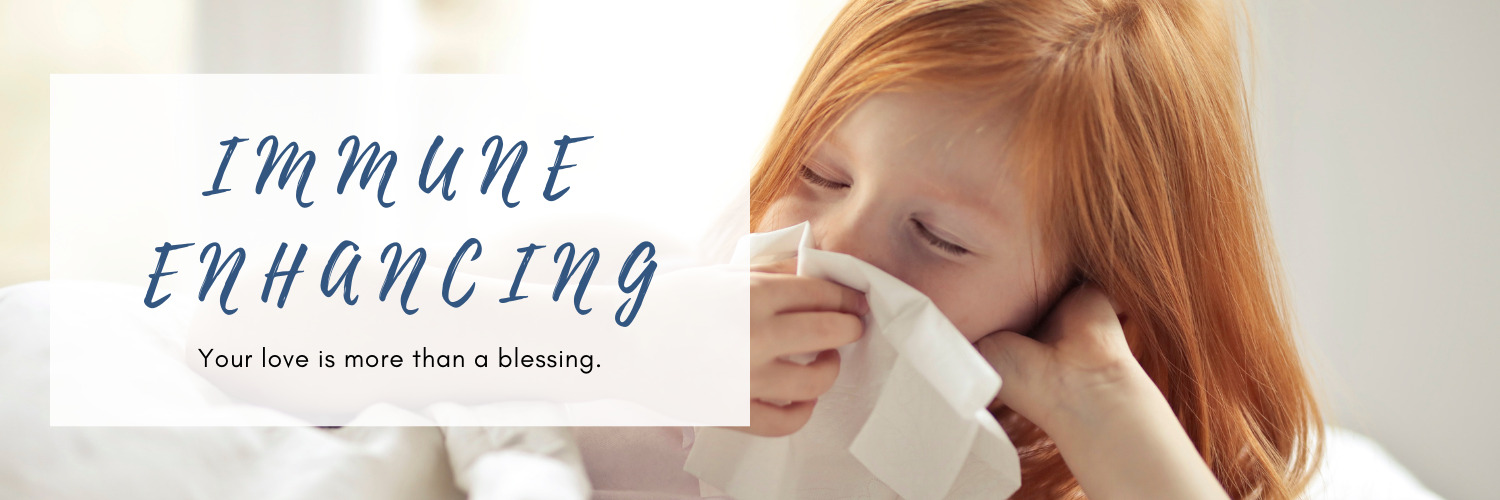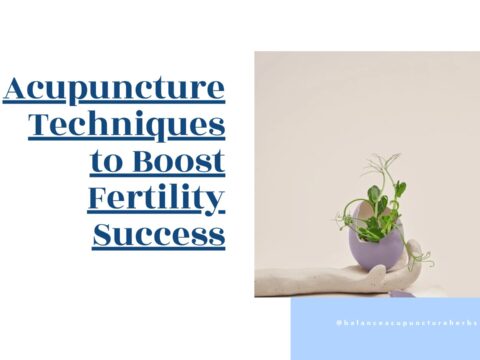
Immune Enhancing
February 5, 2020
What Is Cupping Therapy
February 28, 2021|
Getting your Trinity Audio player ready...
|
Acupuncture for Women’s Health Issues
As a woman, it’s especially important to actively car for your health through all the phases of life. Not only is nurturing your well-being a part of living in harmony with nature, but it can also improve your quality of life.
Most women deal with many health conditions. These include premenstrual syndrome, irregular period, fertility and childbirth issues, menopause symptoms, and more.
Acupuncture and Traditional Chinese Medicine can help with your health. They are safe and natural options with fewer side effects.
Whatever your concerns may be, acupuncture and Chinese herbal medicine for women’s health- these methods can support you. They can help both your physical and emotional well-being.
A whole-body Approach to Healing
Acupuncture and Traditional Chinese Medicine (TCM) have a caring approach to health that has lasted for thousands of years. TCM practitioners stimulate key acupuncture points in the body to promote healing. Besides using needles, other methods help stimulate the body’s natural healing abilities and promote balance.
Acupuncture meridian points activate the body’s innate healing abilities TCM practitioner call Qi. According to Traditional Chinese Medicine, Qi is the vital energy that animates the body and protects it from illness. Qi flows through pathways called meridians and provides nourishment to the body’s cells, tissues, muscles, organs and glands.
When there is an imbalance or blockage in the flow of Qi, health symptoms may appear. Remember, acupuncture is just one part of Traditional Chinese Medicine (TCM). Many other methods in TCM can help restore the body’s natural healing ability.
Most people feel little or no pain during acupuncture. Indeed, numerous individuals experience a profound sense of calm and tranquility. They also notice a reduction in specific symptoms and signs.
From a modern scientific view, stimulating acupuncture points releases chemicals in our brain, spinal cord, and muscles. These chemicals help the body heal naturally.
These chemicals offer great health benefits. They can help your body heal faster or change how you feel pain. The healing and regenerative benefits of acupuncture and Traditional Chinese Medicine are impressive. The most effective method to determine if acupuncture suits you is to give it a shot.
Gynecological Health
Traditional Chinese Medicine explains the connection between certain meridian and organ systems and gynecological health. In this case, the systems under consideration are the liver, kidney, and spleen.
When these systems experience issues, women may feel uncomfortable symptoms. This can happen before or during their menstrual cycle.
Fertility issues can also relate to these organs. Your practitioner will look for the underlying imbalances. They will create a treatment plan to help your body regain its natural balance.
Premenstrual Syndrome (PMS)
Premenstrual syndrome, or PMS, can cause several symptoms. These include cramps, bloating, tiredness, and breast pain. It can also lead to mood swings and changes in appetite before a period starts. Unfortunately, many woman suffer from a wide variety of these symptoms every month to varying degrees.
Your menstrual cycles can provide a great deal of information about your overall health. Acupuncture, herbal medicine, dietary changes, and exercise can help relieve symptoms before and during menstruation.
Fibroids and Endometriosis
Change to your period can have a number of causes, some of which may be serious. If you start experiencing intense pain or heavy bleeding, talk to your health care provider right away to be safe.
Uterine fibroids are one of the more common causes of menstrual problems for woman in their 30s and 40s. Fibrods are non-cancerous lumps that grow on the uterus. In some cases, fibroids can cause long, heavy periods. They may also lead to pain during intimacy and a feeling of fullness or pressure in the abdomen.
Endometriosis also affects many woman in their 30s and 40s. It occurs when uterine cells start growing outside the uterus. Uterine cells can cause lower back and pelvic pain during menstruation, pain during intimacy and nausea, voting, and fatigue.
Western treatments for both condition often include medications or surgery. Researchers need to conduct more research. However, several studies suggest that acupuncture can significantly reduce menstrual pain caused by fibroids and endometriosis. Acupuncture work for reproductive organs.
Acupuncture for Fertility, Pregnancy, and Childbirth
If you are facing fertility issues it can be extremely stressful for the mind, body, and spirit. But there is hope, there are many herbal medicine and acupuncture points for women’s health. Integrating acupuncture and Traditional Chinese Medicine (TCM) into your comprehensive fertility treatment strategy can be beneficial.
Acupuncture can help improve the chances of getting pregnant promote pregnancy rate when used with in vitro fertilization ivf. Traditional Chinese Medicine (TCM) acupuncture treatment is also effective in treating the emotional issues related to infertility.
Because this time demands much from your body, you may face unique challenges during your pregnancy. Remember, caring for your health is key for well-being of both you and your baby.
Acupuncture and Traditional Chinese Medicine are safe and effective treatment for many symptoms during pregnancy, including:
- Anxiety and stress
- Back pain and sciatica
- Constipation
- Edema
- Fatigue
- Heartburn
- Hemorrhoids
- Morning Sickness
Recent studies show that receive acupuncture during labor may reduce the need for pain medication. It can also help the mother feel more relaxed at home. After childbirth, acupuncture and TCM can help new mother recover, re-balance and rejuvenate.
Menopause
Menopause is an important time in a woman’s life. It usually happens between the ages of 45 and 55. However, some women may experience it earlier or later.
This natural change marks the end of a woman’s reproductive years. The ovaries slowly make less estrogen and progesterone. These hormones help control the menstrual cycle and support reproductive health.
One of the most commonly recognized symptoms of menopause is hot flashes. These sudden feelings of warmth, often accompanied by sweating and flushing, can occur at any time of day or night.
Hot flashes can be strong and last for different lengths of time. They might cause discomfort, however, numerous methods exist to handle them. You can use different strategies and treatments to find relief.
Insomnia is another prevalent symptom experienced during menopause. Many women find it challenging to fall asleep or stay asleep, which can lead to fatigue and decreased quality of life. Hormonal fluctuations, coupled with night sweats and anxiety, can contribute to sleep disturbances. Establishing a calming bedtime routine, creating a comfortable sleep environment, and considering lifestyle changes can help improve sleep quality.
Mood swings are also common during this transitional period. Women may experience heightened emotions, anger, or feelings of sadness. Researchers can link these mood changes to hormonal shifts and the psychological effects of aging and life changes. Women should seek support from friends, family, or mental health professionals if they find mood changes hard to handle.
Memory problems, often referred to as “brain fog,” can occur during menopause as well. Some women report difficulties with concentration, forgetfulness, or a general sense of mental cloudiness.
These cognitive changes can be worrying, but they are usually temporary. They may get better with time and lifestyle changes. Regular exercise, a balanced diet, and mental activities can help.
Vaginal dryness is another symptom that many women experience during menopause. Lower estrogen levels can cause the vaginal tissues to thin and dry out. This can lead to discomfort during intercourse and other activities.
Different treatments are available. These include lubricants, moisturizers, and hormone therapy. They can help reduce this issue and improve sexual health.
Changes in libido are also common during menopause. Some women may notice a decrease in sexual desire, while others may experience an increase. Hormonal fluctuations, physical discomfort, and emotional factors can influence these changes. Open communication with partners and healthcare providers can help address any concerns and explore options for enhancing sexual intimacy.
Menopause can cause many physical and emotional challenges. However, it is important to remember that it is a natural part of life.
Acupuncture and TCM can relieve many of the signs and symptoms of menopause. Your TCM practitioner can create a plan that works with Western medicine therapies. This can help you feel more comfortable and be more active during this time of change in your life.
We offer treatment acupuncture for menopause in Bellevue. Reach out to us for an improved lifestyle transformation.
Heart Disease
The American Heart Association says that in the US, almost twice as many women have heart disease and strokes. Many women also face other heart problems. Researchers compare this to those who die from all types of cancer, including breast cancer. Many factors can raise a woman’s risk of having a heart attack or stroke.
In addition to acupuncture sessions, your practitioner may provide nutritional guidelines, an exercise program, or stress relief suggestions. He or she may also recommend Chinese herbal medicine (herbal remedies) specifically tailored to your need.
By working together and making positive changes, you will soon enjoy the many benefits of a healthy life. A well-balanced life can bring great rewards to every woman.
[wpseo_address show_state=”1″ show_country=”1″ show_phone=”1″ show_phone_2=”0″ show_fax=”0″ show_email=”0″ show_logo=”0″]
[wpseo_map max_number=”undefined” width=”400″ height=”300″ zoom=”-1″ map_style=”roadmap” scrollable=”1″ draggable=”1″ show_route=”0″ show_state=”0″ show_phone=”1″ show_phone_2=”0″ show_fax=”0″]
Read More:
Effective Chinese Medicine for Menopausal Women
During an acupuncture treatment, is the pain good or not?
Do you always feel that life is particularly choking before menstruation?
Chinese Herbal Medicine and Acupuncture For Infertility
Facial Acupuncture: When to see the result?
PCOS Alternative Treatment-TCM
Resources:
WebMd.com.2005. http://women.webmd.com/features/when-your-period-signals-problem
Rabinowitz, Naomi, MD, dIPL.AC.
Acupuncture Media works
Josewick, Diane, L.Ac., “Acupuncture and menopause”




